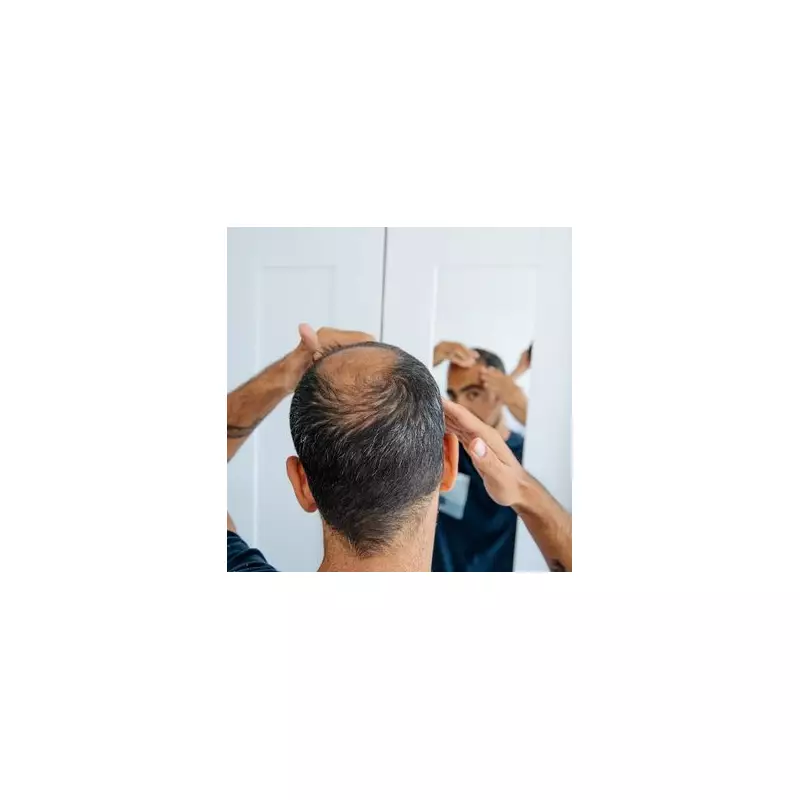
Millions of Britons are unknowingly increasing their risk of developing life-threatening illnesses through a common nightly ritual, according to groundbreaking new research. Scientists have issued a stark warning about the severe health consequences of using smartphones and tablets in bed before sleep.
The study, led by Dr. Ivo Vlaev from the University of Warwick, reveals that exposure to blue light from electronic devices during evening hours significantly disrupts the body's natural rhythms. This disruption doesn't just lead to poor sleep—it actively increases the risk of developing cancer, cardiovascular disease, and type 2 diabetes.
The Hidden Dangers of Blue Light
Blue light emitted from screens interferes with the production of melatonin, the hormone responsible for regulating sleep-wake cycles. When this natural process is disrupted, it doesn't merely cause insomnia or fatigue—it triggers a cascade of biological changes that can have devastating long-term effects on your health.
"Our bodies have evolved to follow natural light patterns," explains Dr. Vlaev. "Artificial light, particularly blue light from devices, confuses our biological clocks with serious consequences for our metabolic health."
Alarming Health Statistics
The research presents compelling evidence that individuals exposed to blue light before bed showed:
- Substantially higher insulin resistance
- Increased markers for cardiovascular inflammation
- Disrupted glucose metabolism patterns
- Higher overall metabolic disease risk factors
These changes create the perfect environment for serious health conditions to develop over time. The study suggests that chronic disruption of circadian rhythms through evening screen use could be contributing to the rising rates of metabolic diseases in the UK.
Expert Recommendations for Safer Screen Use
Health experts recommend several strategies to reduce blue light exposure:
- Avoid screen use for at least two hours before bedtime
- Enable night mode or blue light filters on devices during evening hours
- Keep bedrooms as screen-free zones whenever possible
- Use traditional alarm clocks instead of phone alarms
- Consider reading physical books instead of e-readers before sleep
"This isn't about completely eliminating technology from our lives," says Dr. Vlaev. "It's about being smarter with how we use it, especially during the hours when our bodies need to prepare for rest and recovery."
The research serves as a crucial wake-up call for the millions who regularly scroll through social media, watch videos, or check emails in bed. Making simple changes to evening routines could significantly reduce the risk of developing these serious health conditions.





